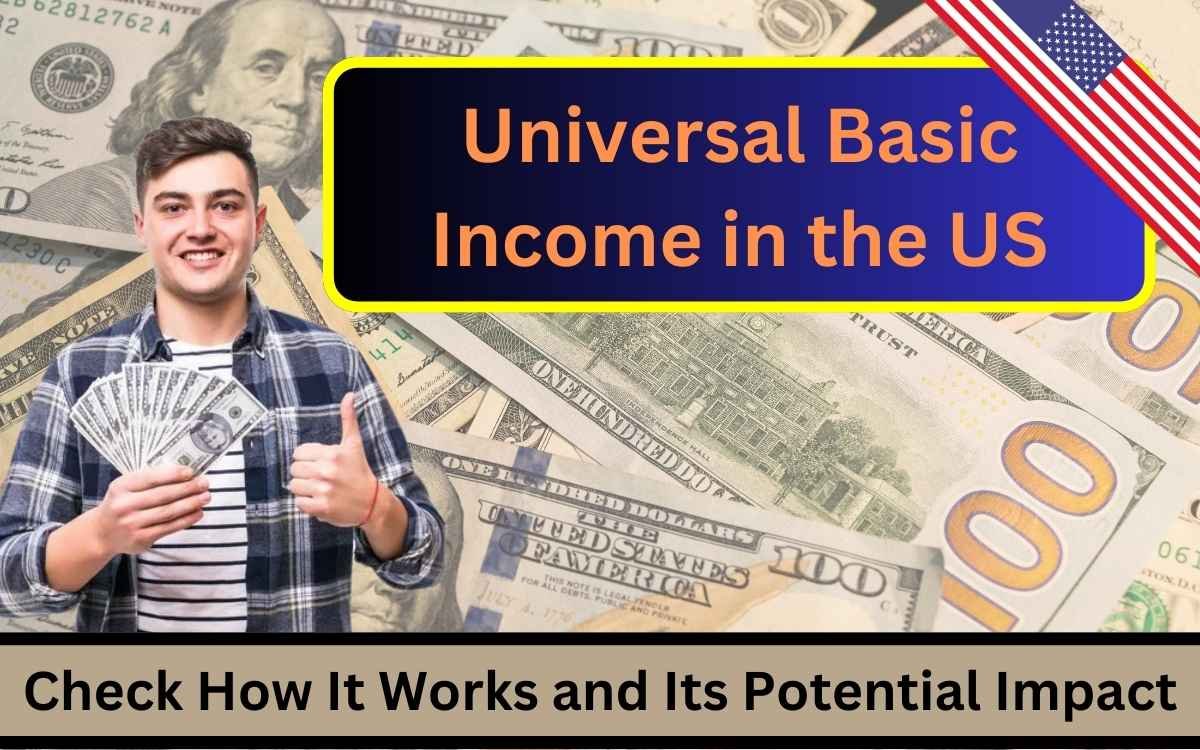Universal Basic Income is a policy concept where the government provides every citizen with a fixed amount of money regularly without conditions. The purpose of Universal Basic Income in the US is to:
- Ensure everyone has enough to meet basic needs like housing, food and clothing.
- Reduce poverty and provide economic security.
- Allow people the freedom to pursue education, new jobs or creative endeavors.
Essentially UBI serves as a no strings attached financial safety net.
UBI vs. Guaranteed Income Program (GIP)
Though often confused UBI and the Guaranteed Income Program (GIP) differ significantly:
| Parameter | UBI (Universal Basic Income) | GIP (Guaranteed Income Program) |
| Beneficiaries | Everyone, regardless of financial status | Only those in financial need |
| Objective | Economic stability for all | Immediate relief for low-income groups |
| Implementation | Unconditional payments | Payments based on financial assessment |
| Impact | Benefits society as a whole | Targets poverty alleviation |
Why is Universal Basic Income in the US Important?
- Economic Security: Provides a steady income to cover basic needs.
- Reduces Social Inequality: Narrows the wealth gap between rich and poor.
- Boosts the Economy: Increased consumer spending can spur market demand and job creation.
- Promotes Freedom: Enables individuals to take risks, such as switching careers or pursuing education.
- Addresses Poverty: Aims to eliminate extreme financial struggles.
UBI in Action: Current Pilot Programs
The UBI concept has been tested through small scale pilot programs in the U.S.:
- Central Iowa Pilot: Provides $500 monthly to participants focusing on financial and lifestyle improvements.
- Coachella Valley Pilot: Offers $400 monthly to immigrant families to analyze impacts on children’s well being.
- Alaska’s Permanent Fund Dividend: Since 1980, Alaska distributes a portion of its oil revenue to residents. While not a full fledged UBI it demonstrates the idea’s feasibility.
Challenges in Implementing UBI
Despite its promise UBI faces several hurdles:
- Funding: Implementing UBI nationwide would require significant financial resources potentially through higher taxes or budget reallocations.
- Inflation: Increased consumer spending could lead to inflation reducing the value of the UBI payments.
- Political and Public Support: Broad acceptance and pilot program success are crucial for nationwide implementation.
FAQs Universal Basic Income in the US
1. What is the main purpose of UBI?
UBI aims to provide financial security and reduce poverty, ensuring everyone can meet basic needs.
2. How is UBI different from GIP?
UBI is unconditional and benefits all citizens, while GIP is targeted at low-income groups based on financial assessment.
3. Is UBI currently available in the U.S.?
While not fully implemented, pilot programs like those in Iowa and Alaska offer insights into its potential impact.
Final Words
Universal Basic Income represents a bold vision for economic equality and security. While the concept holds immense promise, its implementation requires careful planning, substantial funding, and widespread support. As pilot programs continue to offer valuable insights, UBI may pave the way for a more equitable future.
